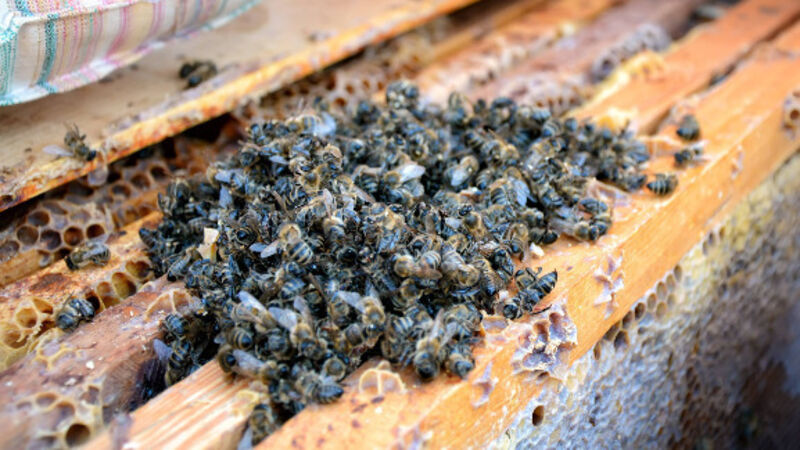Bees’ winter of discontent: Keepers counting the costs after a harsh season

The extended period of cold and wet weather has left the beekeeping community counting the cost in their hives, writes
It must be one of the longest winters we have had in a long time, I have fed a huge amount of fondant since Christmas and most especially, the nukes, which were made up with new queens late in the summer, and have been wolfing it down.













